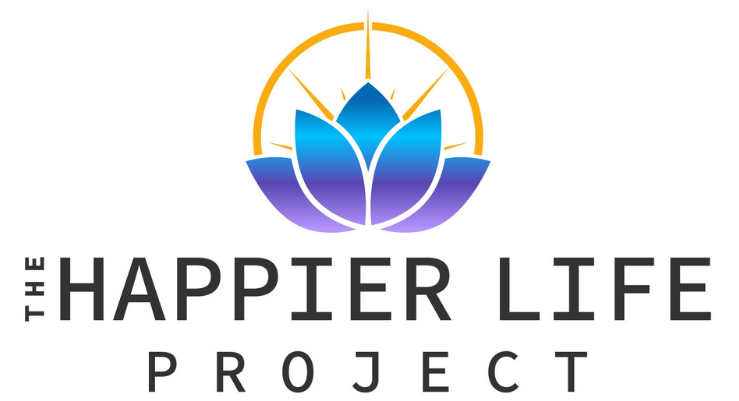
Recovery Coaching
INDIVIDUAL SUPPORT
peer support recovery Coach
A Peer Support Recovery Coach is someone with personal experience in recovery who assists others seeking to initiate and maintain recovery. A Peer Support Recovery Coach helps individuals navigate through obstacles and works to remove barriers to recovery by serving as a personal guide. Peer Support Recovery Coaches help people become and stay engaged in the recovery process and reduce the likelihood of relapse. Peer support services can effectively extend the reach of treatment beyond the clinical setting into the everyday environment of those seeking a successful, sustained recovery process.


Peer Support Recovery Coaches
- Work in a peer-to-peer capacity rather than a professional-to-client-capacity.
- Empower the individual by helping them identify and remove barriers in recovery.
- Connect the individual to resources in order to help foster and sustain long-term recovery.
- Support multiple recovery pathways.
How Do I Get A Peer Support Recovery Coach?
Contact The Happier Life Project via phone at: (888) 638-8457 or via email at: hello@happierlifeproject.org
C.R.A.F.T
Family Support
The Happier Life Project’s CRAFT Support Program is for family members and friends that have someone close to them that is struggling with a substance use issues or challenges. The Community Reinforcement and Family Training approach (CRAFT) is an evidence-based, compassionate, and effective approach for engaging a reluctant loved one into treatment. Family members learn strategies to take care of themselves while also increasing the motivation for positive change in their love ones.
re-entry, reintegration
Re-Entry & Reintegration Program
Many returning citizens will experience difficulty managing the most basic ingredients of successful reintegration—reconnecting with jobs, housing and their families, and accessing needed resources for substance abuse and health care treatment. The cycle of incarceration and reentry into society carries the potential for profound adverse consequences for returning citizens, their families, and communities. But just as the potential costs are great, so too are the opportunities for interventions that could increase the chances of success and decrease recidivism.
Among the services offered:
- Life Skills Development Program
- Workforce Development Program

 Alyssa Murray, the administrative assistant at The Happier Life Project works in the background helping The Happier Life Project run smoothly. Alyssa has had both personal and professional experience working with the recovery community which provides her with a unique ability to empathize and connect with those who are affected by addiction as well as mental health conditions.
Alyssa Murray, the administrative assistant at The Happier Life Project works in the background helping The Happier Life Project run smoothly. Alyssa has had both personal and professional experience working with the recovery community which provides her with a unique ability to empathize and connect with those who are affected by addiction as well as mental health conditions. Carolina Ayala, the founder and executive director of The Happier Life Project leads the organization as a trauma-informed certified peer coach, facilitator, and advocate for the recovery community in Riverside County. Carolina’s unique approach combines her years of business administration experience with her direct experience as a justice-involved woman in long-term recovery.
Carolina Ayala, the founder and executive director of The Happier Life Project leads the organization as a trauma-informed certified peer coach, facilitator, and advocate for the recovery community in Riverside County. Carolina’s unique approach combines her years of business administration experience with her direct experience as a justice-involved woman in long-term recovery.
 A founding board member with lived experience. As an early team member of Happier Life Project, Madeline is devoted to reducing stigma around Substance Use Disorder and Mental Health Disorders and helping connect people in need to resources. While pursuing a degree in Psychology, she is a Certified Mindfulness Meditation teacher and is constantly exploring the intersection of nature and therapy though studying family constellation therapy, equine therapy, sustainable living practices, and permaculture. Madelina Collective is a network of women around the world who collaborate with the shared goal of bringing change, inspiration, and perspective to the world through art and innovation. She is actively engaged in fostering creativity and connection amongst women from diverse backgrounds in an effort to be a light for other seekers.
A founding board member with lived experience. As an early team member of Happier Life Project, Madeline is devoted to reducing stigma around Substance Use Disorder and Mental Health Disorders and helping connect people in need to resources. While pursuing a degree in Psychology, she is a Certified Mindfulness Meditation teacher and is constantly exploring the intersection of nature and therapy though studying family constellation therapy, equine therapy, sustainable living practices, and permaculture. Madelina Collective is a network of women around the world who collaborate with the shared goal of bringing change, inspiration, and perspective to the world through art and innovation. She is actively engaged in fostering creativity and connection amongst women from diverse backgrounds in an effort to be a light for other seekers. Leah is first and foremost a relationship builder who recognizes the significance of working in a collaborative and welcoming environment.
Leah is first and foremost a relationship builder who recognizes the significance of working in a collaborative and welcoming environment.